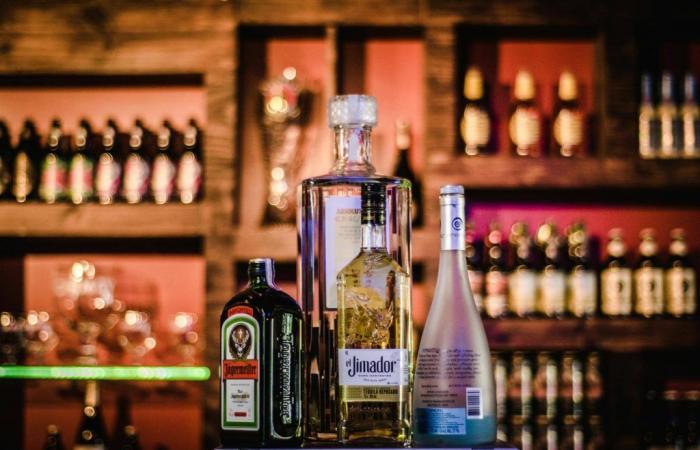An innovative hydrogel can prevent alcohol toxicity, showing effectiveness in laboratory studies.
Although drinking alcohol is a practice accepted worldwide for its socializing and relaxing effects, it is not without risks. In 2016 there were nearly three million deaths related to alcohol consumption. Currently there is no drug that can prevent the toxic effects of alcohol, which are produced by the accumulation in the body of acetaldehyde, a molecule that is generated in the process of eliminating alcohol from our body. Acetaldehyde is subsequently metabolized to acetic acid, which is less harmful.
In the magazine Nature Nanotechnology A work carried out in mice has been published that studied the effectiveness of an antidote to prevent the toxicity of acetaldehyde accumulation. The antidote, which is taken orally, is a hydrogel formed by fibrils of a milk protein to which iron atoms are added and which metabolize alcohol directly to acetic acid (without generating acetaldehyde) in the digestive tract.
Effects of the gel tested in mice
Acute alcohol intoxication was induced in mice (which had been put to sleep) and it was found that those who had taken the hydrogel They woke up about 2 hours earlier than the control group (without hydrogel). They also had significantly lower blood alcohol levels than controls and a decrease in liver inflammation as evidenced by blood tests of liver parameters (transaminases).
The preventive effect of the gel on chronic alcohol intake was also studied. The mice that were given the gel showed less weight loss and a significant decrease in Hepatic injury (decrease in transaminase levels), compared to the control group. On the other hand, a significant decrease in alcohol-induced toxicity in the colon was also observed.
In summary, this study in mice has demonstrated the usefulness of hydrogel to avoid or reduce toxicity related to alcohol intake. However, clinical studies must be carried out in humans to verify its true effectiveness and safety. If the results are confirmed, Dr. Carreño and his team of hepatologists They consider that this hydrogel will be very useful for the prevention and treatment of alcohol toxicity. Furthermore, the technology developed in the design of the hydrogel (biomimetic nanozymes) could be applied to the treatment of various metabolic pathologies.






